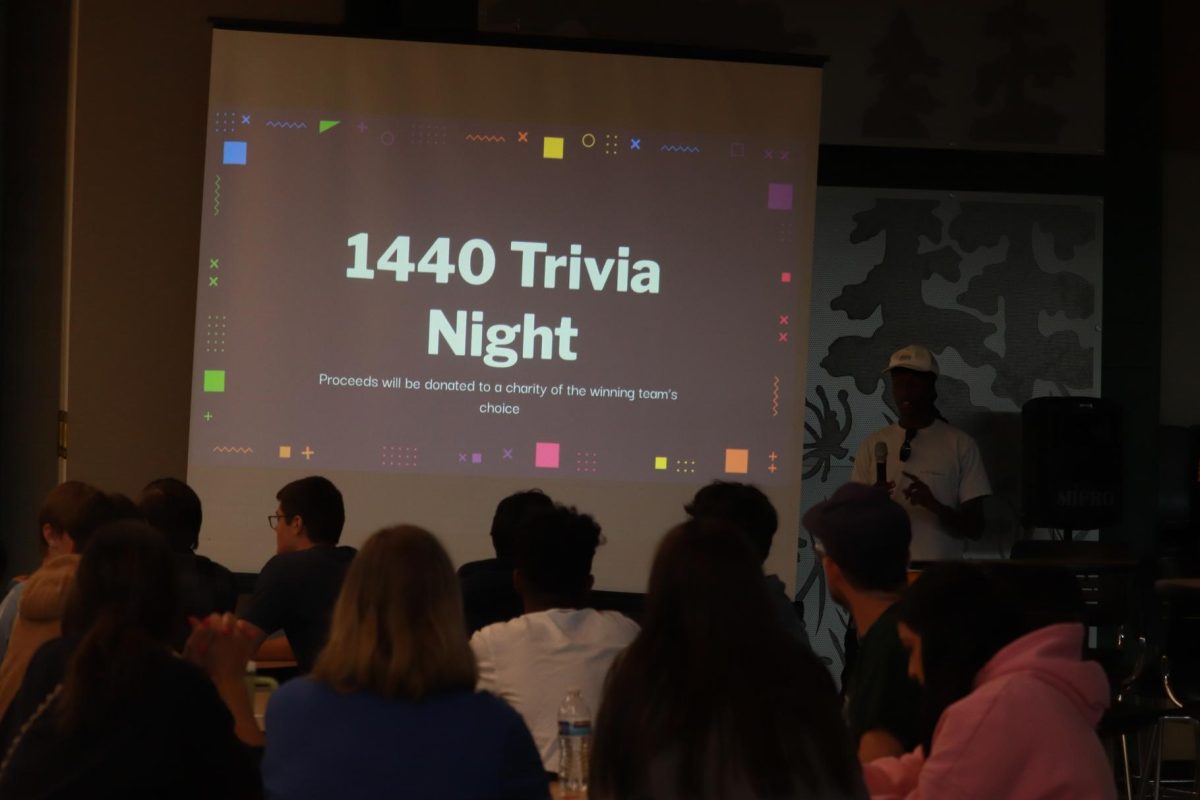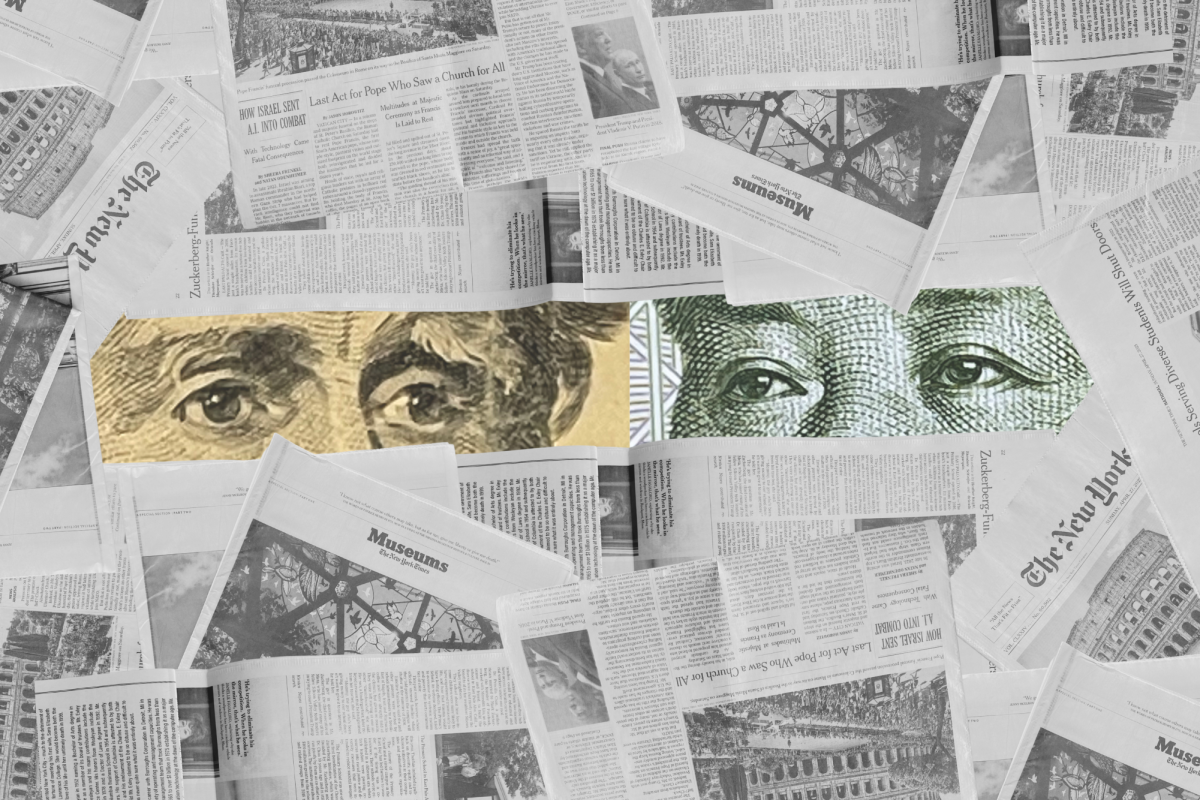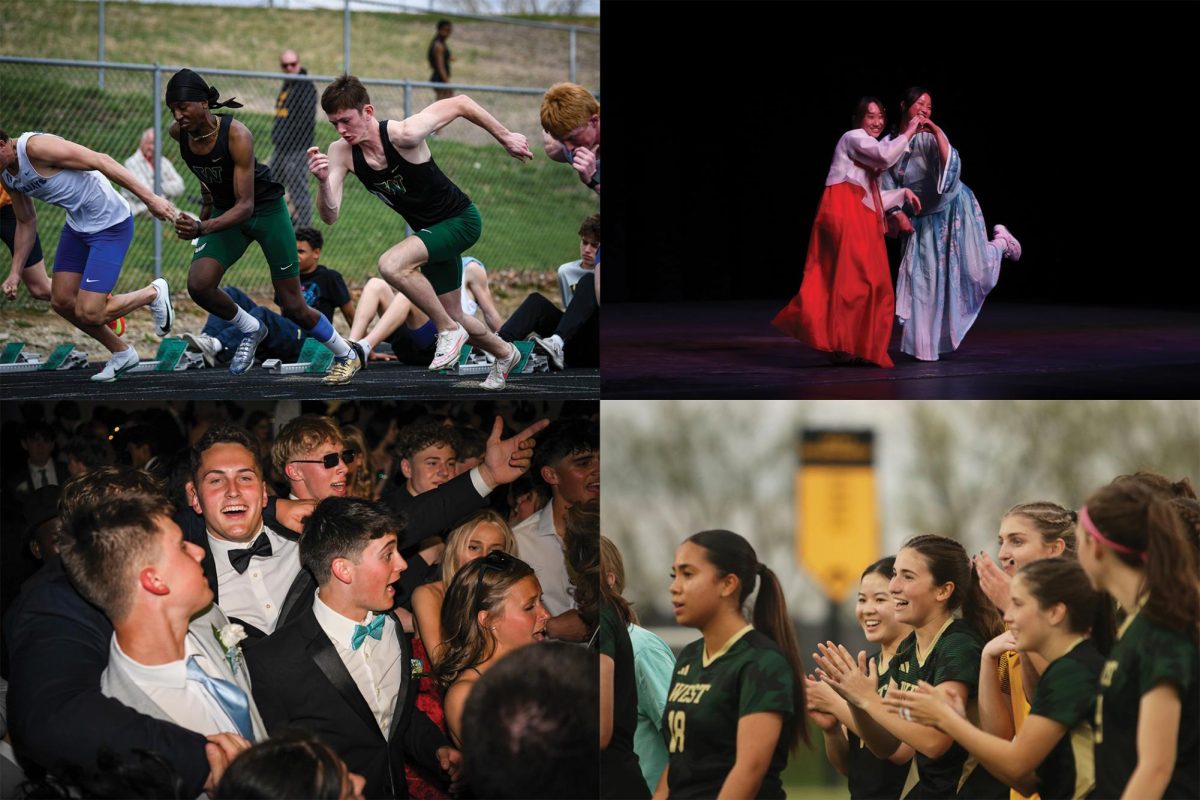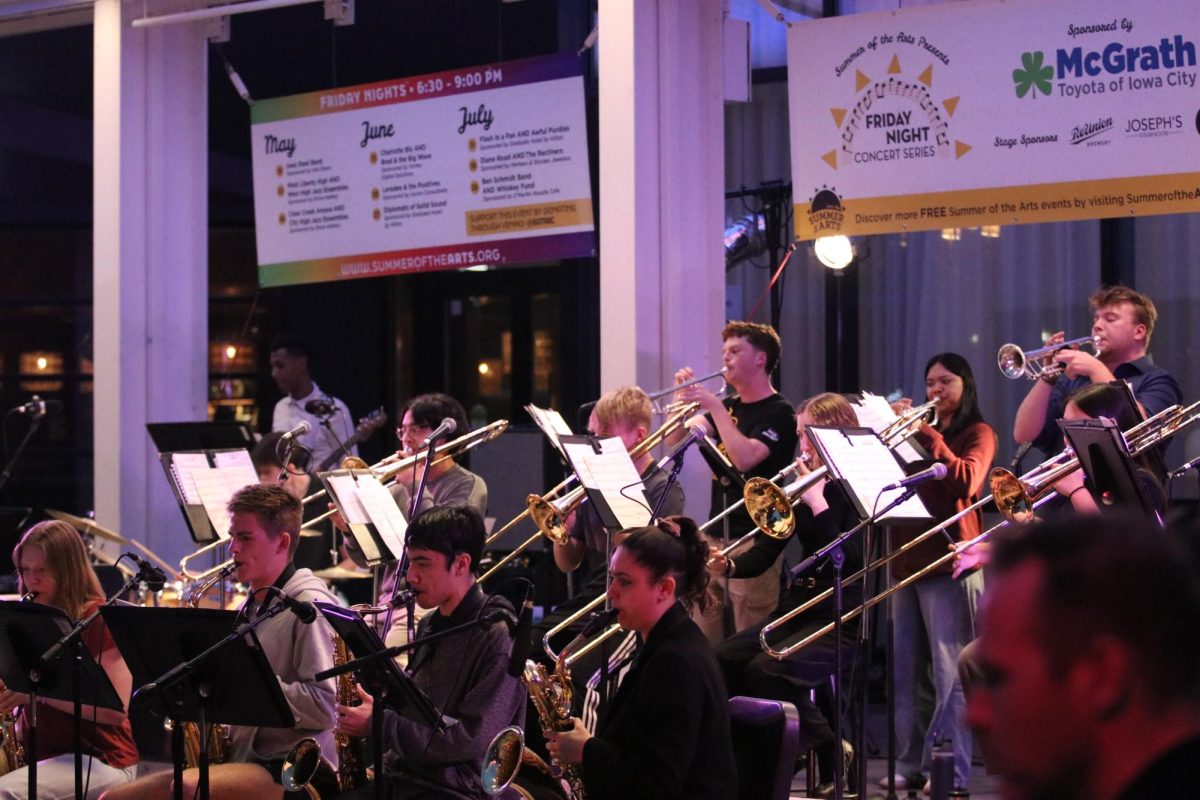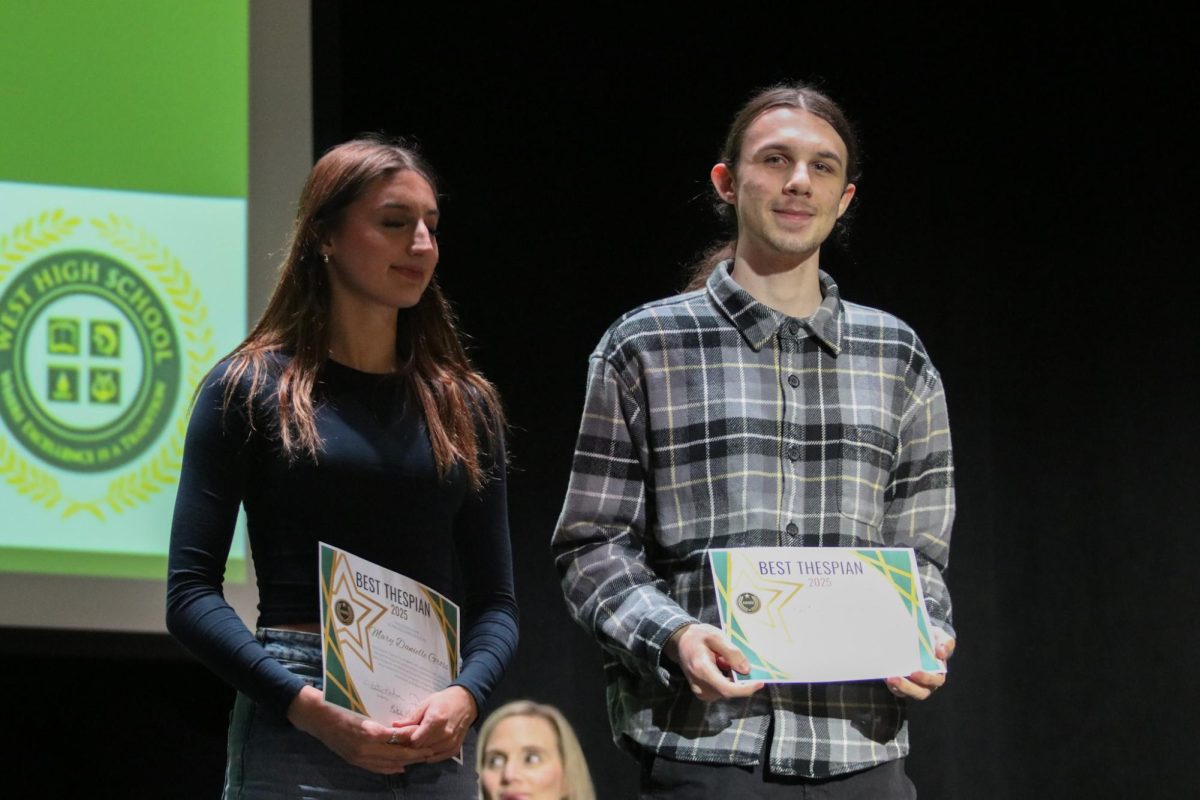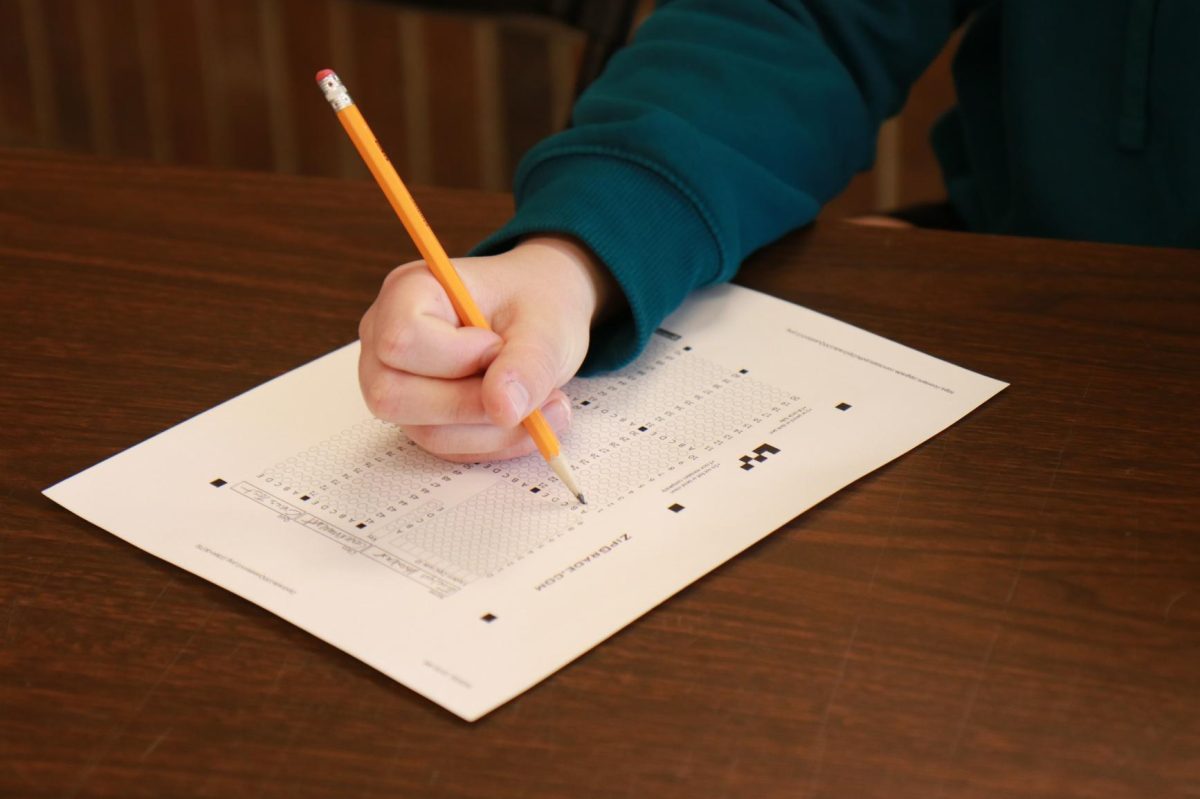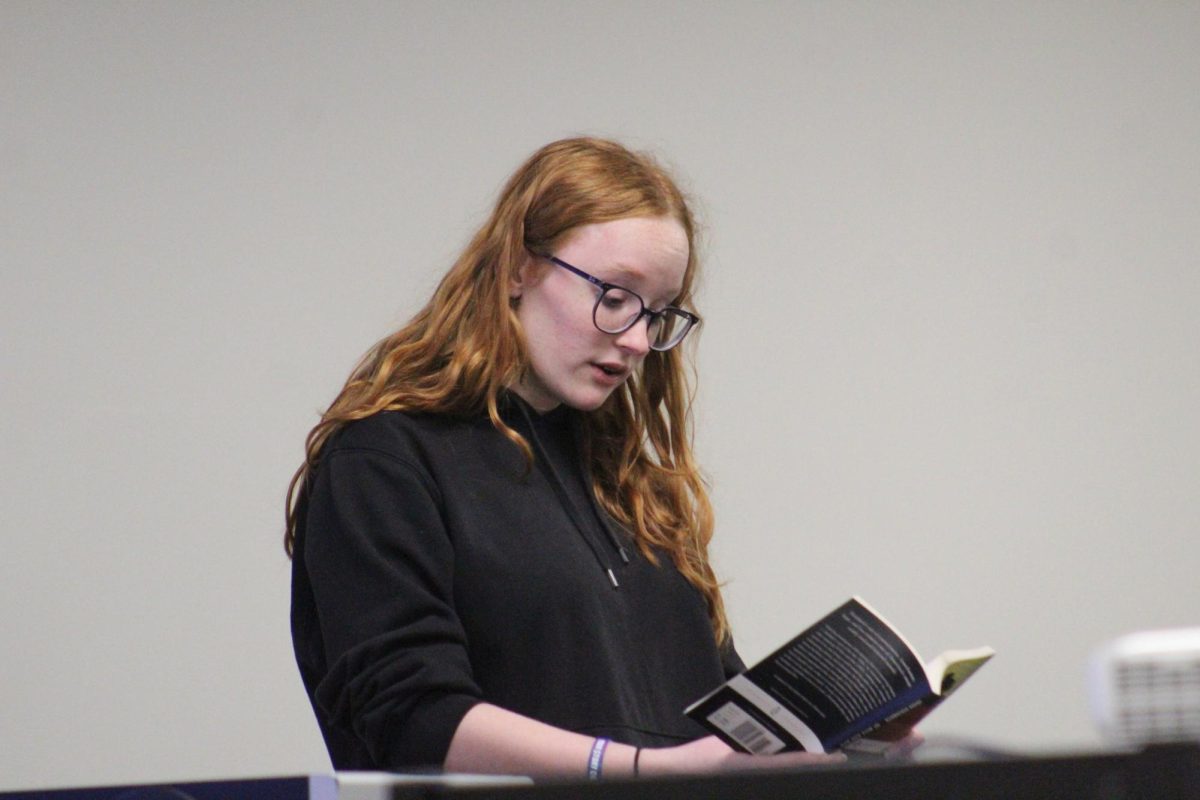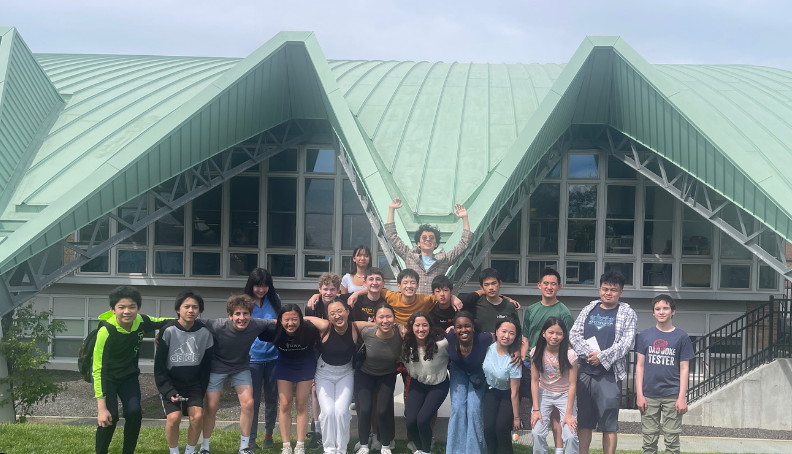Seventy-four years ago today, a third son was born to Willie Mae and Eddie Lewis of Troy, Alabama. The Lewises were sharecroppers in the racially segregated South, and their son John was soon exposed to the harsh effects of the Jim Crow era. His nonviolent response to those injustices is still making history.
As a student at Fisk University in Nashville, Lewis became devoted to a philosophy of peaceful civil disobedience. Inspired by the words he heard on the radio from such incredible role models as Martin Luther King, Jr., Lewis organized student sit-ins in the segregated lunch counters of Tennessee. In 1861, he took his activism even further by participating in the Freedom Rides: Lewis rode integrated buses with fellow civil rights supporters to highlight racial discrimination in public accommodations.
In 1963, Lewis was elected chairman of the Student Nonviolent Coordinating Committee (SNCC), which he had helped form. SNCC was a major influence on the Civil Rights Movement; in August of 1963, Lewis represented the organization as a keynote speaker during the historical March on Washington. He was only 23 years old at the time, but Lewis soon became known as one of the Big Six leaders of the Civil Rights Movement along with King, Whitney Young, and other mentors of his youth.
Lewis’s civil rights activism continued throughout the twentieth century and even endures today. As chairman of SNCC, he organized voter registration drives and community action programs, one of which encountered such violent resistance from Alabama state troopers that it became known as Bloody Sunday. In later decades, Lewis drew on his experiences in nonviolent activism and began exploring a career in elected office: he became a member of the Atlanta City Council in 1981 and was elected U.S. Representative for Georgia’s Fifth Congressional District five years later. He has served in the House of Representatives ever since and continues to shape discussions on American civil rights.
Below, watch Congressman Lewis recall the influence of Dr. Martin Luther King, Jr. on CBS’s Face the Nation.




